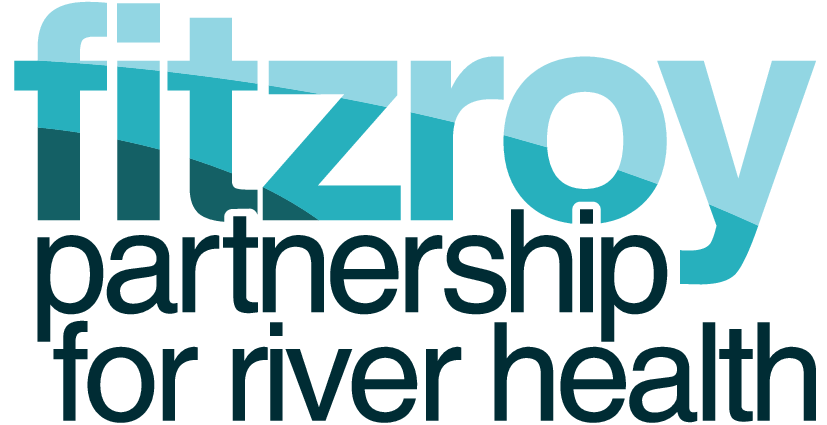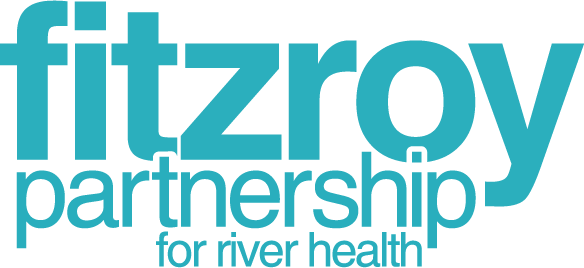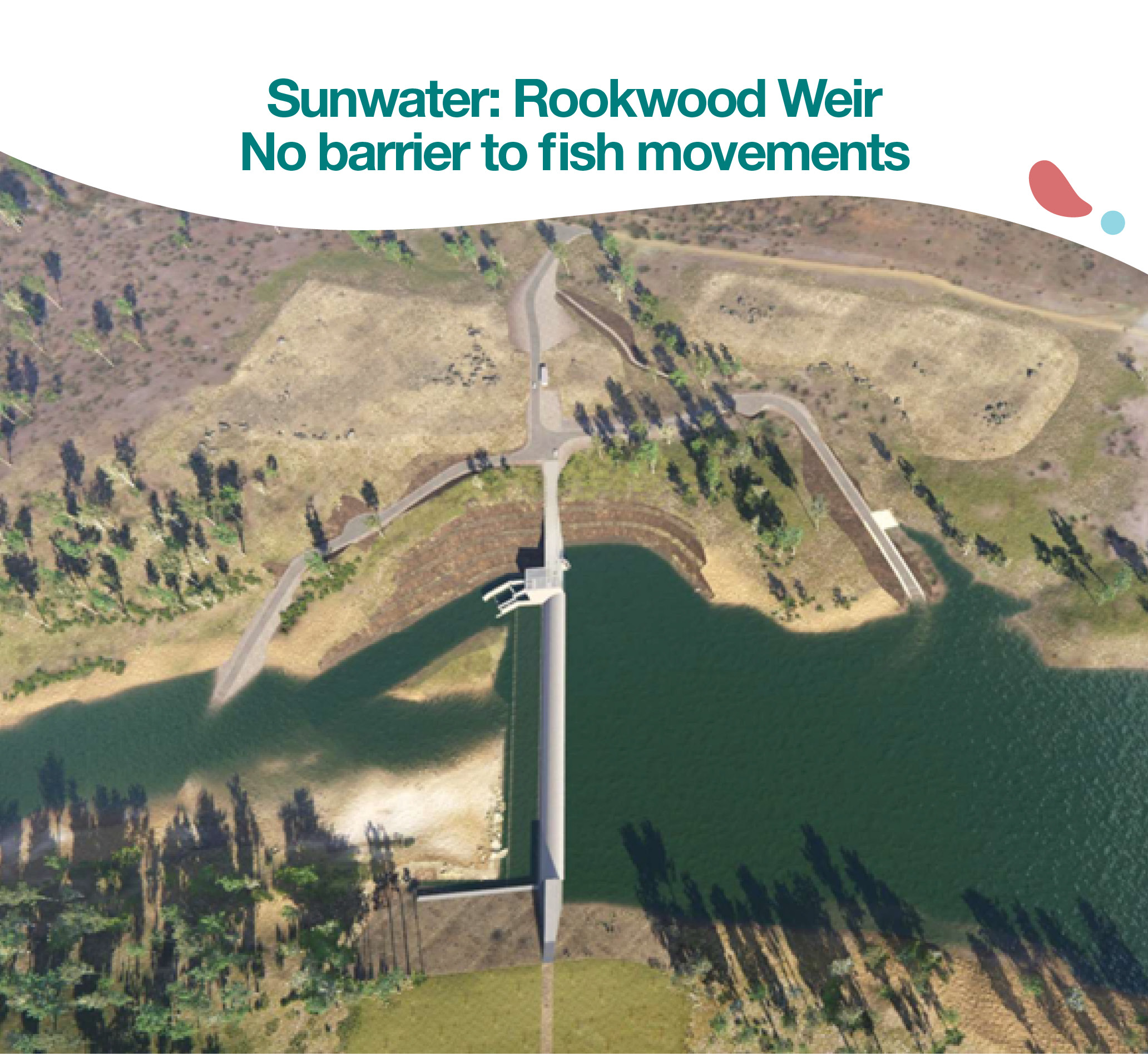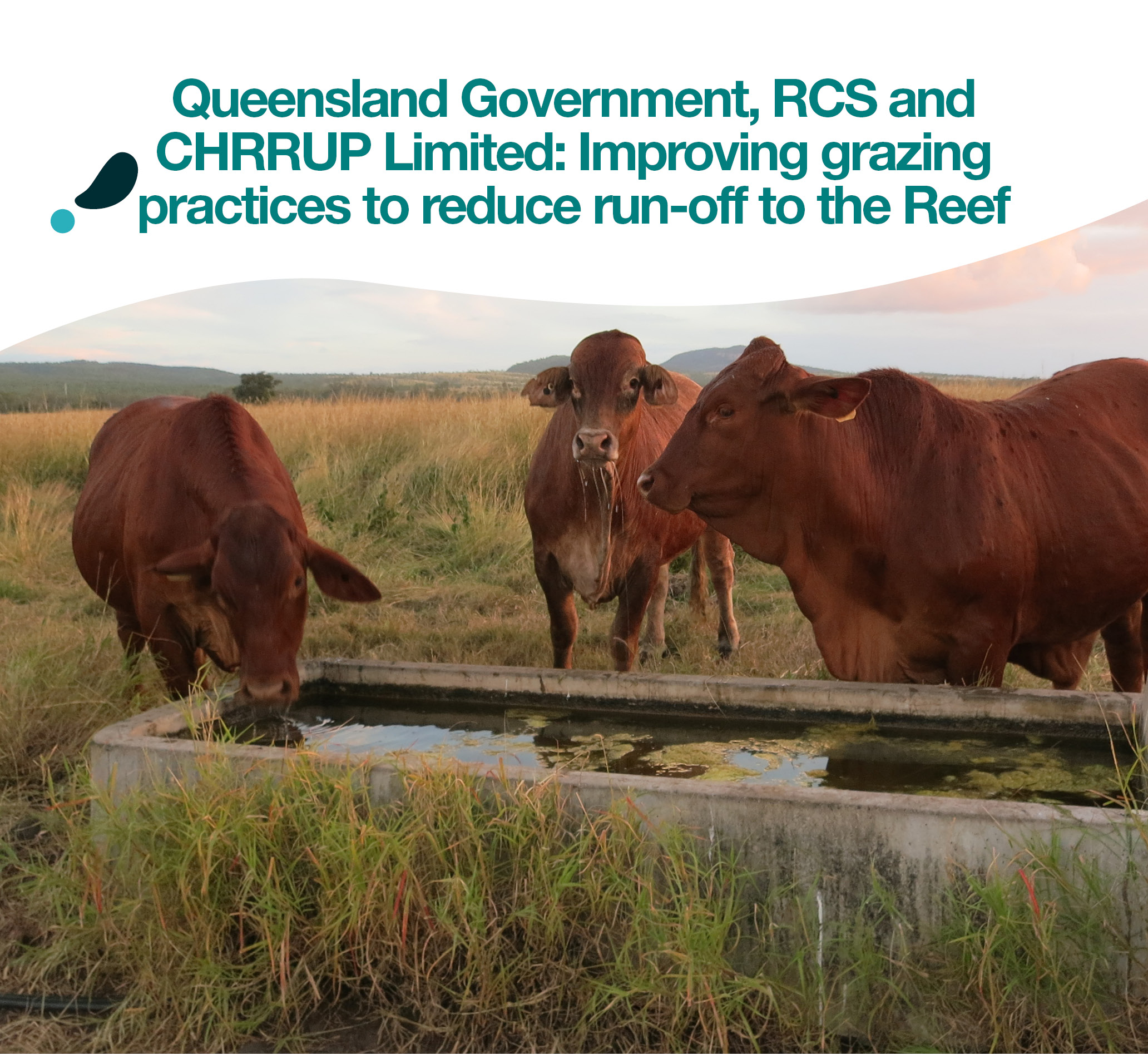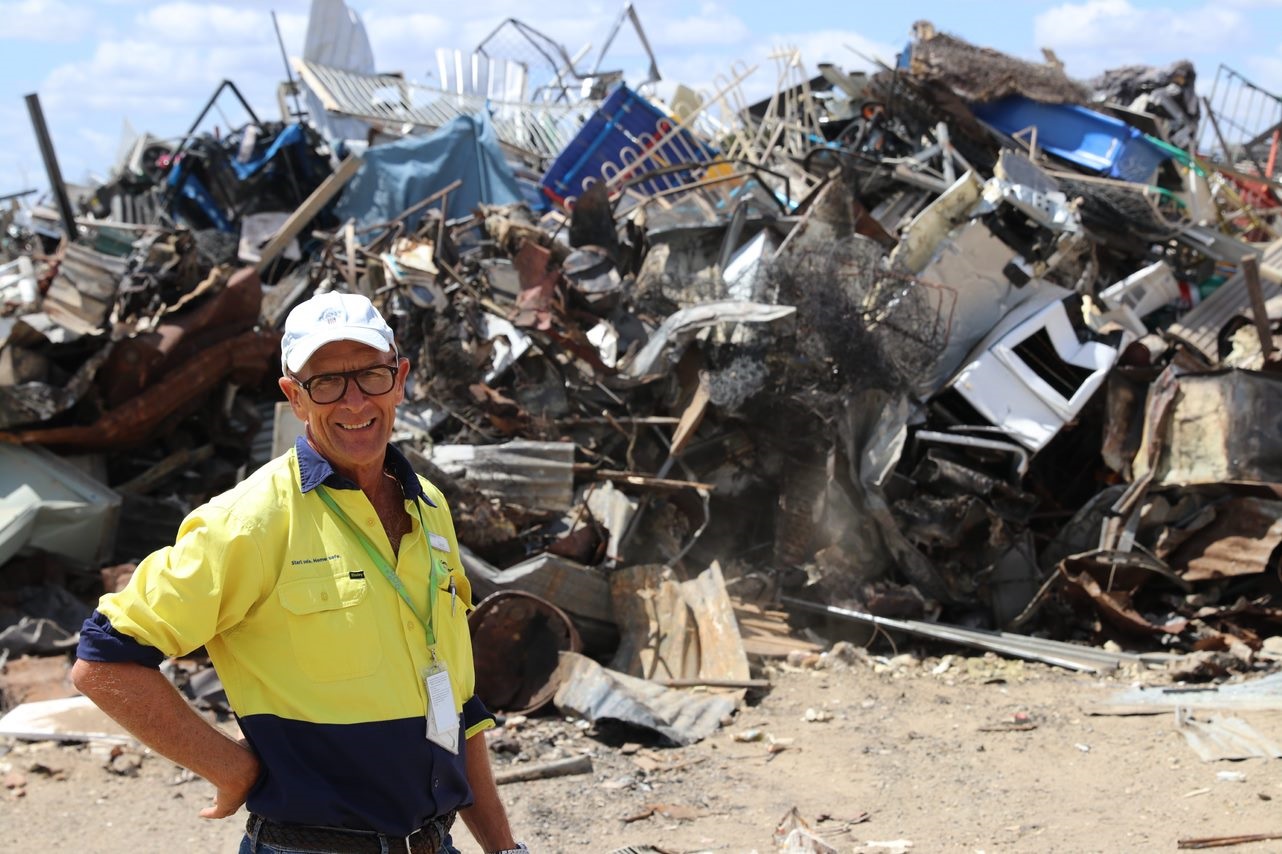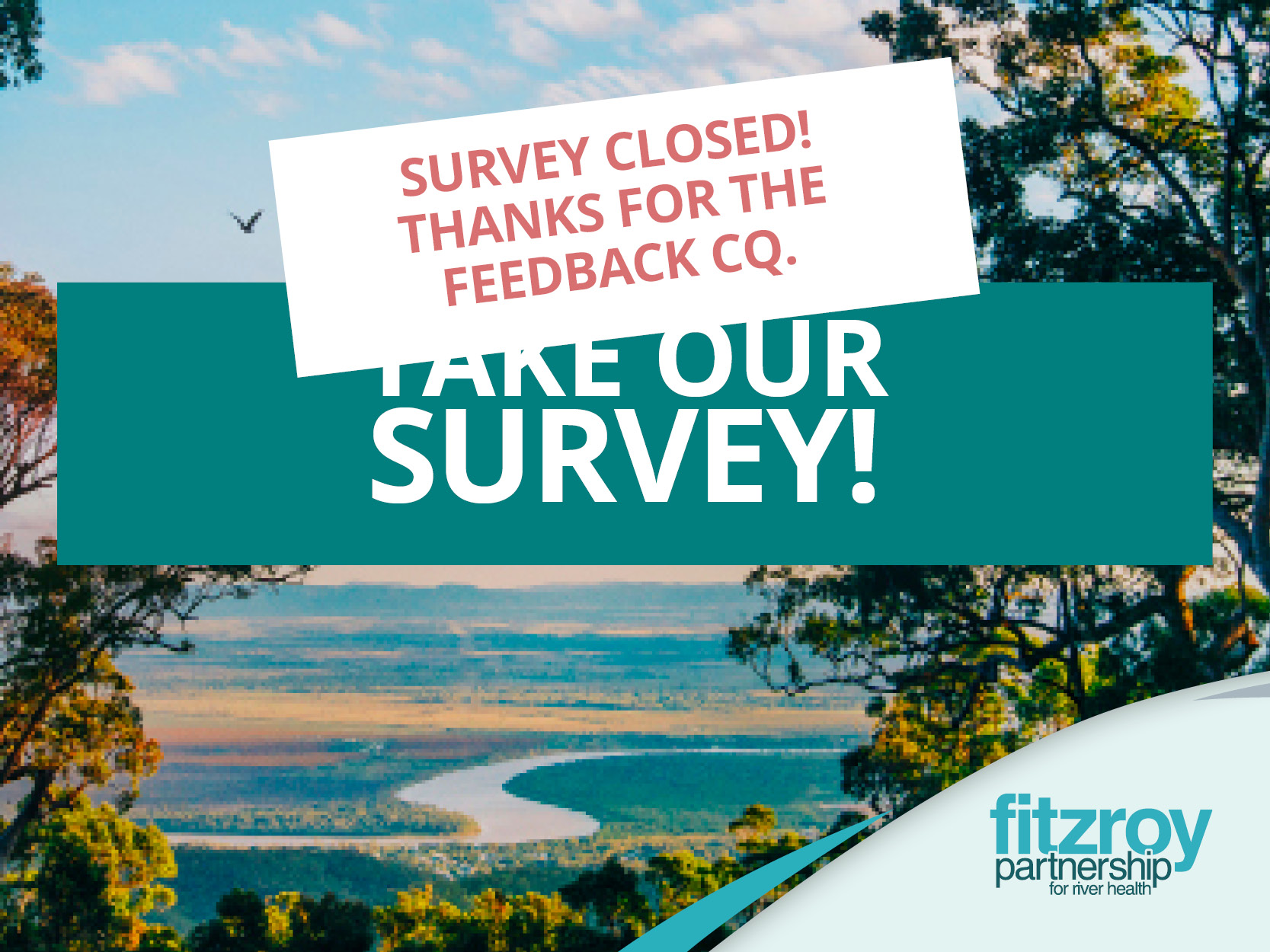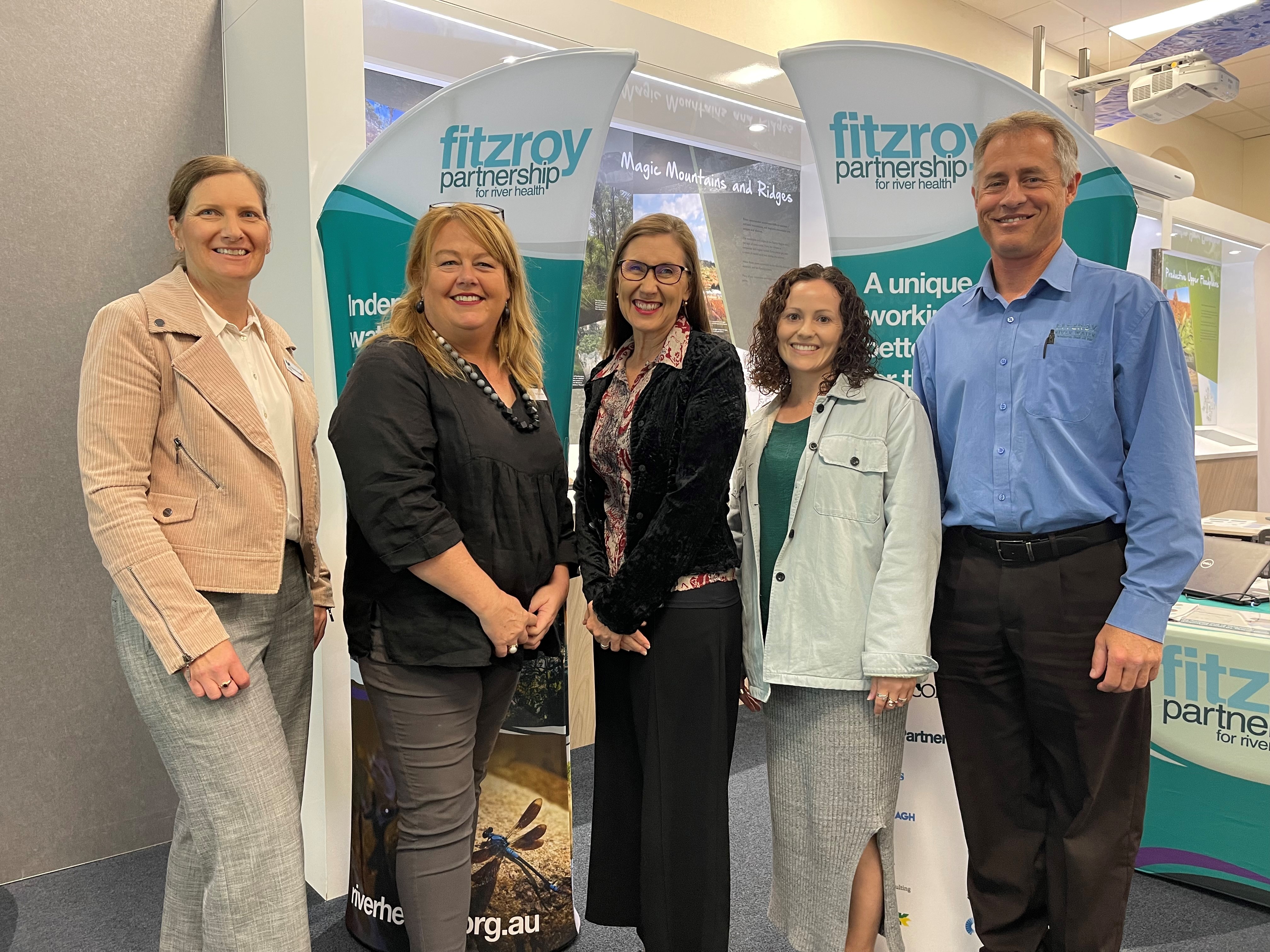NEWS / BLOG
Sed interdum massa lacus, a porttitor risus gravida sed. Nulla ultricies ex non sagittis vulputate. Integer fringilla convallis risus, id semper est interdum non.
LATEST ARTICLES
Quisque molestie tristique nisi et luctus. Proin eget velit quis lorem euismod pulvinar. Phasellus lobortis tellus dignissim metus varius volutpat. Integer a lacus mauris.
Sunwater: Rookwood Weir no barrier to fish movements
Sunwater: Rookwood Weir no barrier to fish movements When it becomes operational, Rookwood Weir will bolster Central Queensland’s water security. It will enable Lower Fitzroy landowners to transition to higher value agricultural land use and facilitate new industrial business opportunities. The landmark $367 million project is currently being built on the Fitzroy River, 66 kilometres south-west of Rockhampton. It is equally funded by the Queensland and Australian governments. During construction of the weir, every effort is being made to mitigate or offset potential impacts on the natural environment. These are detailed in the project’s Environmental Management Plan (EMP). Actions include plans to establish an environmental offset area adjacent to the Mackenzie River, with a mix of v vegetation to provide a range of fauna habitat, including sand banks for turtle nesting. Importantly, the offset area will also act as a large sediment trap, which will improve water quality in the Fitzroy River. A turtle passage ramp will be built into the weir, enabling the endangered Fitzroy River and white-throated snapping turtles to move upstream and downstream of the weir. A key environmental feature of Rookwood Weir will be its unique fish lock situated on the right bank that [...]
Qld Government, RCS & CHRRUP: Improving grazing practices to reduce run-off to the Reef
Queensland Government, RCS & CHRRUP: Improving grazing practices to reduce run-off to the Reef The Queensland Government, in partnership with Resource Consulting Services (RCS) and CHRRUP Limited, has been using different approaches to help Fitzroy and Belyando graziers make best use of their pasture to improve land condition and water quality. Knowing that ’you need grass to grow grass’, CHRRUP’s innovative approach uses graziers as trainers who draw upon their pasture management experience. They have developed forage budgets for 30 landholders managing around 125,000 hectares. Forage budgets help graziers understand how much grass is available, how much should be left after grazing and how this can be achieved through managing stock numbers in paddocks. Landholders have valued the knowledge being shared by fellow land managers who use forage budgets on their own land and understand the benefits. The aim is to match the stocking rate to the land’s carrying capacity and leave the land in a state that will respond when rain falls. This helps keep the rain in the soil and the soil in the paddock, minimising runoff to local waterways that flow to the Reef. The Grassroots project centres on RCS’s extensive agricultural and educational experience. It [...]
QUALITY GUARANTEE
Sed venenatis urna sit amet vulputate lobortis. Nullam dolor sem, varius eu luctus vitae, mattis id dolor. Proin ultricies feugiat ipsum. Quisque lobortis risus sapien, quis pulvinar turpis placerat ut. Vivamus eu egestas est, commodo ultricies turpis. Donec a consequat nisi, non pellentesque risus. Fusce lacinia sem a mollis tempus. Etiam in sapien non odio ornare iaculis vel vel enim. Sed velit urna, pharetra non quam nec, consequat hendrerit ex. Phasellus ac rutrum diam.
OFFICE LINE
1.800.555.6789
EMERGENCY
1.800.555.0000
WORKING HOURS
9:00am – 6:00pm
OFFICE LINE
1.800.555.6789
EMERGENCY
1.800.555.0000
WORKING HOURS

